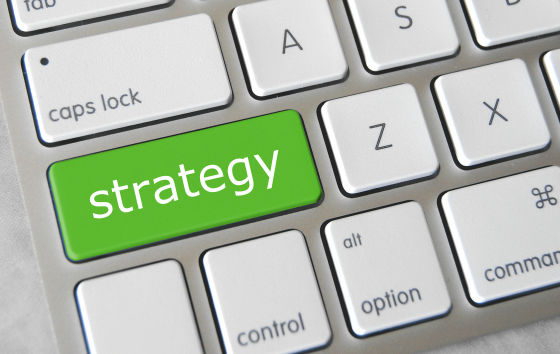What is the 'study strategy' that can improve your grades in just 15 minutes and at no cost?

by
There are many effective learning methods, such as spaced learning and interleaved learning , which are said to be more effective than studying the same content for 10,000 hours . However, research has shown that developing a strategy before you even start studying can affect your performance.
Strategic Resource Use for Learning: A Self-Administered Intervention That Guides Self-Reflection on Effective Resource Use Enhances Academic PerformancePsychological Science - Patricia Chen, Omar Chavez, Desmond C. Ong, Brenda Gunderson, 2017
http://journals.sagepub.com/doi/10.1177/0956797617696456
A Stanford researcher's 15-minute study hack improves test grades by a third of a grade — Quartz
https://qz.com/978273/a-stanford-professors-15-minute-study-hack-improves-test-grades-by-a-third-of-a-grade/

The ability to objectively grasp and recognize one's own thoughts and actions is called ' metacognition ,' and metacognition is extremely important in learning. In order for students to improve their performance, they need to recognize 'how they think' and then develop their own strategies for 'how to study.'

by
According to Patricia Chen, a social psychology researcher at Stanford University, many students approach their studies without considering why they are using resources or how they should use resources to study efficiently, before developing a study strategy. Chen believes this attitude negates the potential for better results.
In a study published in April 2017, Chen et al. conducted two field experiments in which university students were divided into two groups. One group was given help to carefully consider how to study and how to study efficiently before a statistics test, while the other group was simply told that there was a test and that they needed to prepare.
In American universities, grades are given on a scale of 'A+,' 'A,' or 'A-,' and the results of the experiment showed that the former group received grades that were, on average, one level higher than the latter group. It was also found that those who received two metacognitive prompts performed better than those who received only one prompt.

by
In other words, the research has revealed that two things are very important when studying: 'specifying goals' and 'making students think about which resources to select and use in their studies.'
Here, you may be wondering how metacognition can be used in learning. The experiment conducted by Chen et al., which actually improved students' grades, was as follows.
In the experiment, half the class was given a 15-minute survey that asked students to think about how they wanted to perform on an upcoming test and how important it was to them to get the grade they wanted.
Next, participants were asked to consider what types of questions they were likely to encounter on the test and which of 15 resources—lecture notes, practice questions from the test, reading textbooks, instructor time, discussions, and private tutoring—they could use to study. They were also asked to explain why they chose the resources and how they would use them, and then to create an efficient study plan. The researchers found no statistically significant differences in students' pre-test performance or GPA or motivation. Additionally, they noted no statistically significant differences in students' desired test results, race, performance level, or gender.

by Alexis Brown
Furthermore, the test results showed that the group that received instruction on metacognition not only performed better, but also experienced less stress related to the test and felt more in control of their performance.
The Educational Endowment Foundation (EFF), a UK-based organization that aims to narrow the academic achievement gap, has conducted experiments showing that the most effective mediators for learning are metacognition and feedback . It has been found that students who improve their way of thinking accelerate their learning, with particularly significant effects seen in lower-achieving students and older students.
The great thing about the metacognitive method used by Chen and his colleagues is that it's inexpensive. Not only teachers but also parents can talk to their children about things like, 'What do you think isn't working well in what you're doing?', 'Is there anything else you can do to improve your performance?', and 'Do you think there's a better way than what everyone else is doing?' are some of the things Chen suggests.
Related Posts:







